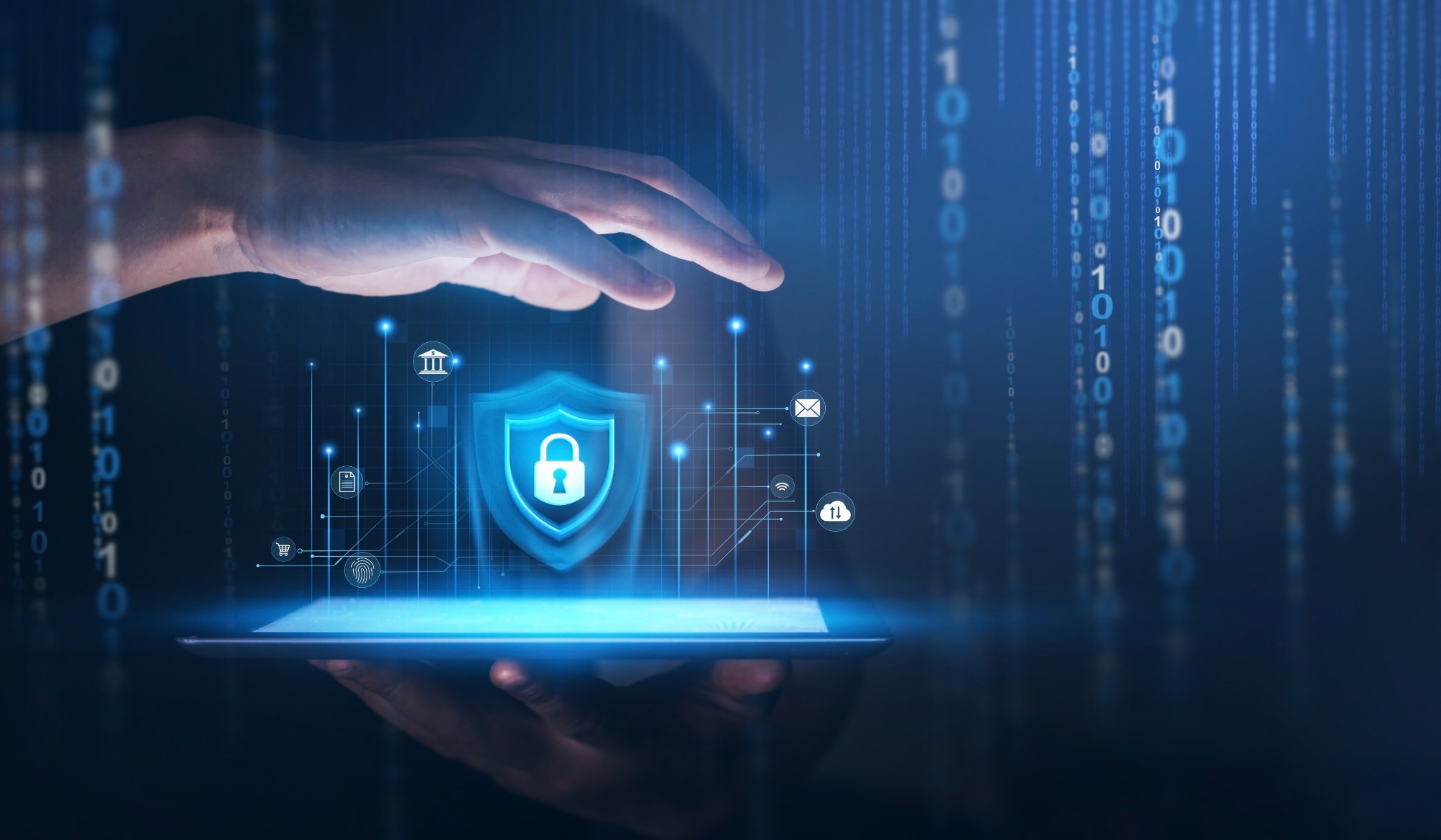Quantum Technology Revolutionizing Data Security
In the ever-evolving landscape of technology, quantum technology has emerged as a game-changer with its potential to revolutionize data security. Quantum computers, utilizing principles of quantum mechanics, are poised to surpass classical systems in performing complex calculations. This article delves into the evolution of quantum technology, its impact on data security, and recent advancements in the field.
The Evolution of Quantum Technology
The inception of quantum technology dates back to the early 20th century, gaining practical applications in the late 20th and early 21st centuries. Physicist Richard Feynman’s concept of quantum computers in 1981 laid the foundation for significant advancements, culminating in Peter Shor’s quantum algorithm in 1994. This algorithm showcased the immense potential of quantum computing by outperforming classical algorithms in factoring large numbers. Subsequent developments, such as quantum entanglement and the creation of qubits, have propelled quantum technology forward.
Quantum Computing and Cryptography
One of the most profound impacts of quantum technology lies in the realm of cryptography. Traditional encryption methods are at risk of being outpaced by quantum computers, posing a significant threat to data security. To counter this, researchers are exploring post-quantum cryptographic algorithms that can withstand quantum attacks. Initiatives like those led by the National Institute of Standards and Technology are crucial in standardizing these resilient algorithms.
Quantum Key Distribution
Quantum key distribution offers a promising avenue for secure key exchange using quantum principles. Protocols like BB84 ensure the integrity of cryptographic keys by leveraging the laws of physics. Recent breakthroughs in QKD, such as China’s successful long-distance transmission, highlight the potential for secure communication networks. The integration of QKD into global communication infrastructures holds immense promise for enhancing data security.
Quantum-Safe Algorithms and Standards
The development of quantum-safe algorithms, resistant to classical and quantum attacks, is imperative for safeguarding encrypted data. NIST’s selection of candidate algorithms like CRYSTALS-Kyber and CRYSTALS-Dilithium marks a crucial step towards future-proofing data security systems. Organizations are urged to adopt these standards to mitigate quantum threats and ensure the longevity of their data protection strategies.
Challenges and Future Prospects
Despite the promising outlook, the integration of quantum technology into data security faces challenges. Quantum hardware limitations and infrastructure requirements pose hurdles to widespread adoption. However, recent studies showcasing advancements in error correction and lattice-based cryptography offer insights into overcoming these obstacles. Interdisciplinary collaboration and international standards will be key in realizing the full potential of quantum technology for secure communication.
In conclusion, quantum technology’s impact on data security is undeniable. As advancements continue, the integration of quantum-safe measures and QKD will play a pivotal role in fortifying data protection against evolving threats. Proactive adoption of quantum-resistant technologies is crucial for ensuring the security and integrity of digital communication in the quantum era.





















